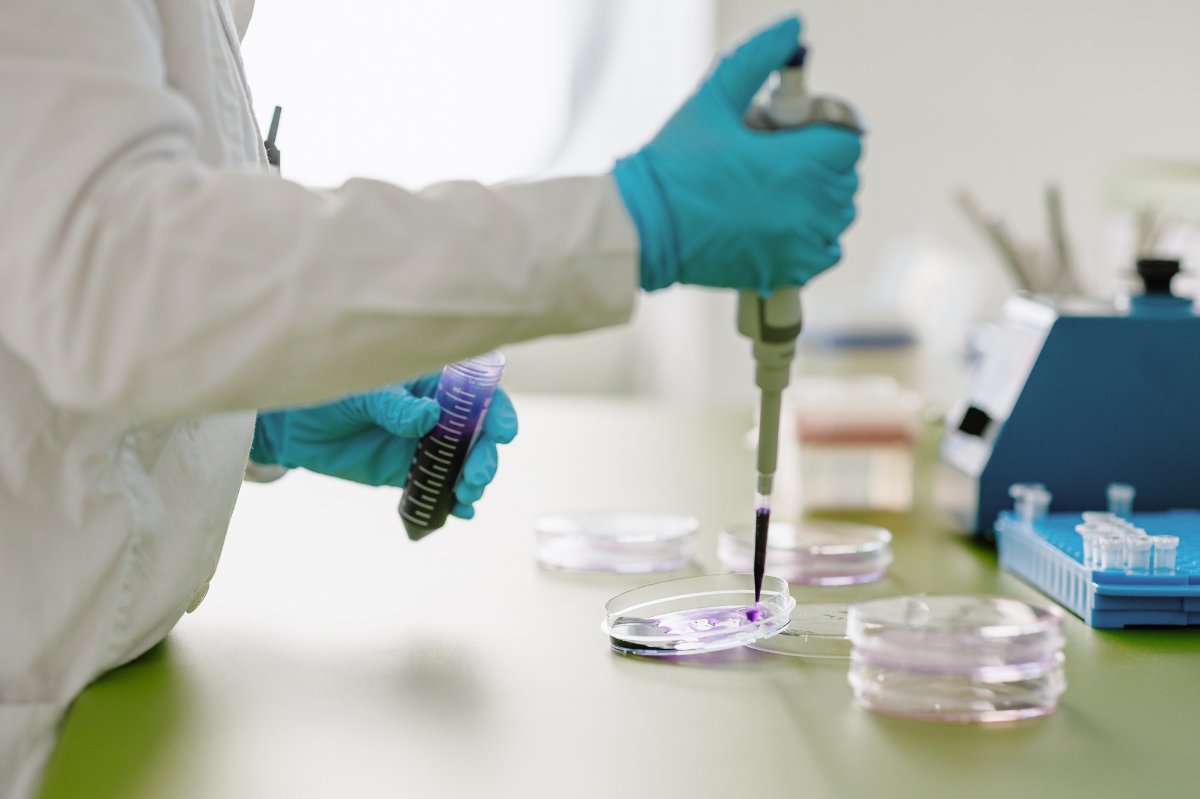A Neuron Fiziológia és Terápia Kutatócsoport tandem-prezentációi
The brain is considered the most complex system in the body and unique compared to other mammalian species. We discuss human-specific features of neurons and aim to explain purpose of their existence.
1. előadás: Usual drug development pipeline relies on laboratory model organisms, such as rodents, to test novel compounds against human diseases. However, certain human-specific brain conditions cannot be perfectly mimicked by animals causing challenges for drug research and development. We use real-life living human brain tissue, resected in brain surgery, for basic research and novel drug testing. Patients who undergo brain surgery donate their resected brain tissue for the purpose. This approach involves close collaboration of various research groups including the brain surgery team. Our aim is to understand a purpose why “same nerve cells” in the human and rodent brain operate slightly differently, and what molecular mechanisms are behind the inter-species differences. Our research offers a valuable tool for pharmaceutical research and drug development, as nerve cells in the human brain exhibit various human-specific features. Identifying human-specific molecular and pharmaceutical targets helps developing better drugs for the human brain.
2. előadás: Közhely, hogy az emberi faj különleges, mégpedig az intelligenciája miatt. Vitathatatlan, hogy a homo sapiens a domináns emlősfaj a földön, az egyetlen faj, amely civilizációt hozott létre és technológiát fejleszt ki és használ. Dominanciánkat fejlett agyunknak köszönhetjük, melyet szokás az univerzum legbonyolultabb struktúrájának is nevezni.
De valóban különleges -e az emberi agy? Miben különbözik a többi emlős agyától? Mi tesz minket emberré? Előadásomban ezekre a kérdésekre igyekszem kitérni, hangsúlyozva, hogy miért fontos az állatmodellek mellett az emberi agymintán végzett kutatás is.



Also for foreigners

Regisztrációköteles

